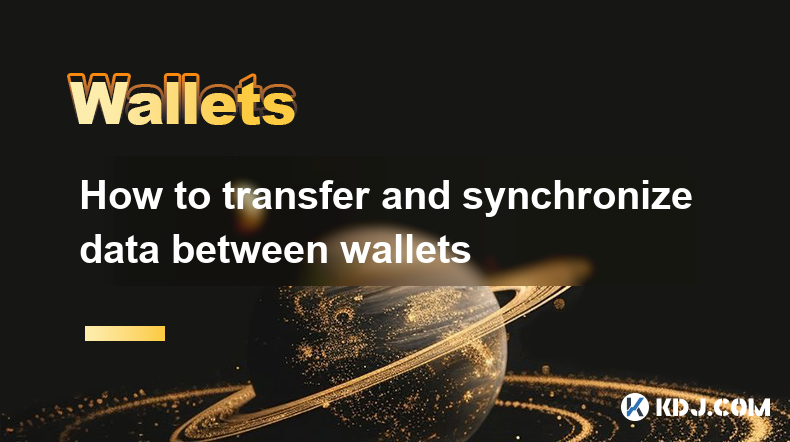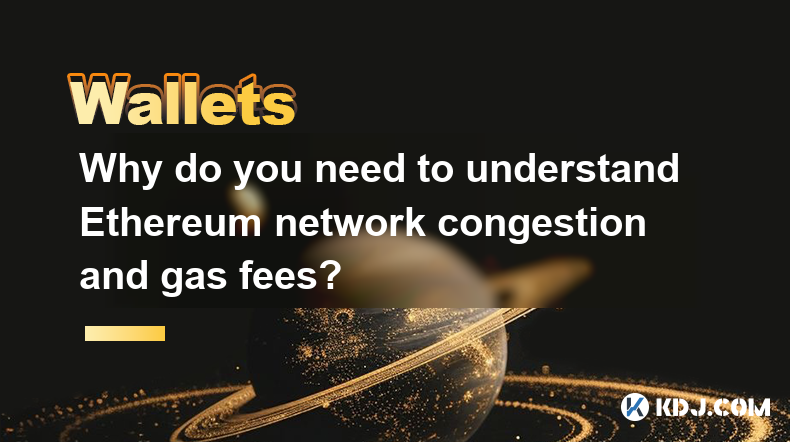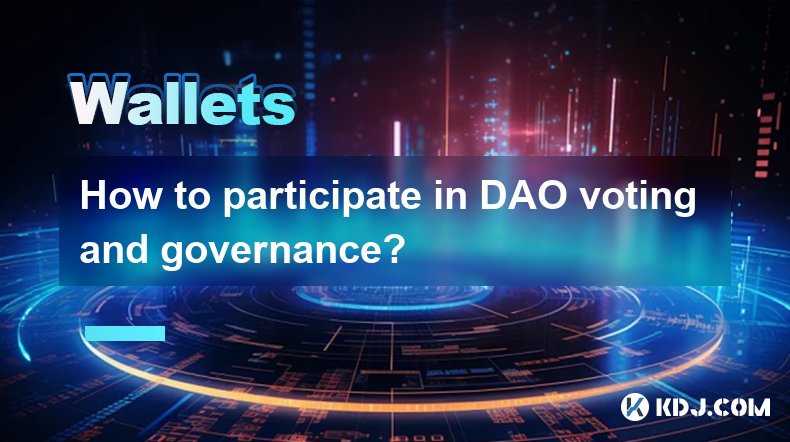-
 Bitcoin
Bitcoin $96,604.0476
-1.45% -
 Ethereum
Ethereum $2,752.0205
0.52% -
 XRP
XRP $2.5833
-0.87% -
 Tether USDt
Tether USDt $1.0000
-0.06% -
 BNB
BNB $657.7850
0.32% -
 Solana
Solana $173.4050
0.38% -
 USDC
USDC $1.0000
0.02% -
 Dogecoin
Dogecoin $0.2449
-3.00% -
 Cardano
Cardano $0.7719
-2.90% -
 TRON
TRON $0.2357
-3.45% -
 Chainlink
Chainlink $17.6899
-3.88% -
 Avalanche
Avalanche $25.5840
0.64% -
 Sui
Sui $3.4127
0.21% -
 Stellar
Stellar $0.3324
-0.86% -
 Litecoin
Litecoin $128.0813
-3.56% -
 Toncoin
Toncoin $3.6632
1.63% -
 Shiba Inu
Shiba Inu $0.0...01546
-0.49% -
 Hedera
Hedera $0.2148
-1.82% -
 UNUS SED LEO
UNUS SED LEO $9.7239
0.27% -
 Hyperliquid
Hyperliquid $24.7014
0.92% -
 Polkadot
Polkadot $5.0399
-2.52% -
 MANTRA
MANTRA $7.5462
0.22% -
 Bitcoin Cash
Bitcoin Cash $320.3260
-1.23% -
 Bitget Token
Bitget Token $4.9112
2.81% -
 Ethena USDe
Ethena USDe $0.9995
0.07% -
 Dai
Dai $1.0002
0.01% -
 Uniswap
Uniswap $8.9178
-2.78% -
 Monero
Monero $235.3515
0.22% -
 NEAR Protocol
NEAR Protocol $3.4964
-0.41% -
 Pepe
Pepe $0.0...09610
-0.19%
How to prevent social media scams?
By recognizing common scam tactics, protecting personal information, and reporting suspicious activity, individuals can safeguard themselves from the growing threat of social media scams.
Feb 21, 2025 at 11:55 pm

Key Points:
- Identify and avoid common scam tactics
- Protect your personal information
- Be cautious of unsolicited messages and links
- Report suspicious activity
- Educate yourself about cybersecurity
How to Prevent Social Media Scams
1. Identify and Avoid Common Scam Tactics
Social media scams often employ deceptive techniques to trick unsuspecting users. Common tactics include:
- Impersonation Scams: Scammers create fake accounts using the name and profile picture of a trusted individual or organization, often contacting victims via direct message or commenting on posts.
- Giveaway Hoaxes: Scammers promote fake giveaways or contests, promising valuable prizes to entice victims to provide personal information or click on malicious links.
- Phishing Scams: Scammers send deceptive emails or text messages that appear to come from legitimate sources, such as banks or financial institutions, tricking victims into revealing login credentials or sensitive information.
- Investment Scams: Scammers promote fraudulent investment opportunities with promises of high returns. They may use fake testimonials or endorsements to lend credibility to their claims.
- Malware Distribution: Scammers distribute malicious software through infected links or attachments, often disguised as harmless content.
2. Protect Your Personal Information
Avoid sharing sensitive personal information on social media platforms, including:
- Login credentials: Never share your login credentials for social media accounts, online banking, or other sensitive services with anyone.
- Financial information: Do not reveal financial information, such as credit card numbers, bank account details, or tax information, on social media.
- Private data: Be cautious about sharing sensitive personal data, such as your full name, address, phone number, or date of birth.
3. Be Cautious of Unsolicited Messages and Links
Avoid clicking on unsolicited messages or links from strangers or unfamiliar accounts. These messages may contain malicious software, phishing scams, or other fraudulent content.
- Hover over links: Before clicking on a link, hover over it to preview the destination URL. If the URL looks suspicious or unfamiliar, do not click on it.
- Inspect profiles: Examine the profiles of individuals or organizations contacting you. Look for red flags, such as fake or incomplete profiles, or a lack of mutual connections.
- Use caution with attachments: Do not open attachments from unknown senders. Malicious attachments can contain viruses or malware that can compromise your device or steal sensitive information.
4. Report Suspicious Activity
If you encounter suspicious activity on social media, report it immediately to the platform's administrators or law enforcement. Reporting scams can help prevent others from falling victim and contribute to the overall fight against social media fraud.
- In-platform reporting: Most social media platforms provide mechanisms for reporting suspicious accounts, posts, or messages. Use these tools to flag any suspicious activity for review.
- Contact law enforcement: If a scam involves financial loss or identity theft, consider contacting law enforcement to report the incident.
5. Educate Yourself About Cybersecurity
Stay informed about cybersecurity best practices and social media scams. Educate yourself about common tactics, how to identify them, and steps you can take to protect yourself online.
- Read industry guides: Explore articles, blogs, and websites that provide guidance on social media cybersecurity.
- Attend workshops and webinars: Participate in online or in-person events that cover topics related to social media scams and cybersecurity.
- Engage with reputable organizations: Follow social media accounts or websites of organizations that specialize in cybersecurity education and awareness.
FAQs
What are the most common social media scams?
- Impersonation scams
- Giveaway hoaxes
- Phishing scams
- Investment scams
- Malware distribution
How can I protect myself from social media scams?
- Identify and avoid common scam tactics
- Protect your personal information
- Be cautious of unsolicited messages and links
- Report suspicious activity
- Educate yourself about cybersecurity
What should I do if I fall victim to a social media scam?
- Report the scam to the social media platform and law enforcement
- Freeze your credit and monitor your financial accounts for suspicious activity
- Change your passwords and other login credentials for compromised accounts
Disclaimer:info@kdj.com
The information provided is not trading advice. kdj.com does not assume any responsibility for any investments made based on the information provided in this article. Cryptocurrencies are highly volatile and it is highly recommended that you invest with caution after thorough research!
If you believe that the content used on this website infringes your copyright, please contact us immediately (info@kdj.com) and we will delete it promptly.
- DTX Exchange: The Next Big Crypto Play That's Flying Under the Radar
- 2025-02-22 23:15:25
- SOL May Dip Lower Before Having an Explosive Rally, ETH Rival Solana (SOL) Analyst Says
- 2025-02-22 23:15:25
- Is Yeti Ouro Poised to Surpass XRP in the Crypto Market? Here's What You Need to Know!
- 2025-02-22 23:15:25
- DTX Exchange: The Potential Best Utility Coin of 2025
- 2025-02-22 23:15:25
- DTX Exchange (DTX) Attracts Ethereum (ETH) and Cardano (ADA) Holders With Unmatched Potential for Rapid Gains
- 2025-02-22 23:15:25
- Dogecoin Price Stagnation And Emerging Alternatives
- 2025-02-22 23:05:25
Related knowledge

What are cold storage and hot storage? Which one is safer?
Feb 22,2025 at 03:18pm
Key Points:Cold storage and hot storage are two methods of storing cryptocurrencies.Cold storage involves storing cryptocurrencies offline, while hot storage involves storing them online.Cold storage is generally considered safer than hot storage, as it is not connected to the internet and is therefore less susceptible to hacking.Cold StorageCold storag...

How to synchronize wallets in multiple devices and browsers
Feb 22,2025 at 09:18am
Key Points:Understand the different types of cryptocurrency wallets and their synchronization capabilities.Learn how to synchronize hardware wallets with multiple devices.Discover the steps involved in synchronizing software wallets across platforms.Explore the options for synchronizing mobile wallets on different devices.Gain insight into browser exten...

How to deal with theft of wallets or the leak of mnemonic words?
Feb 23,2025 at 12:36am
Key PointsUnderstanding the Different Types of Wallet TheftSteps to Take If Your Wallet Is Stolen or Mnemonic Words LeakedPreventive Measures to Protect Your Crypto AssetsFrequently Asked QuestionsHow to deal with theft of wallets or the leak of mnemonic words?Understanding the Different Types of Wallet TheftHot Wallet Theft:Hot wallets are connected to...

How to transfer and synchronize data between wallets
Feb 21,2025 at 12:25pm
Key Points:Understanding different wallet types and their capabilitiesIdentifying similarities and differences between walletsExploring options for transferring and synchronizing dataEnsuring data security and integrity during transferAddressing common challenges and troubleshooting tipsHow to Transfer and Synchronize Data Between Cryptocurrency Wallets...

Why do you need to understand Ethereum network congestion and gas fees?
Feb 21,2025 at 04:48am
Key PointsUnderstanding Ethereum Network Congestion and Gas FeesGas Fees ExplainedFactors Affecting Network CongestionStrategies for Minimizing Gas FeesImpact of Ethereum UpgradesUnderstanding Ethereum Network Congestion and Gas FeesThe Ethereum network is a decentralized platform that hosts a vast ecosystem of decentralized applications (dApps), non-fu...

How to participate in DAO voting and governance?
Feb 21,2025 at 03:42pm
Key Points:Overview of DAO Voting and GovernanceUnderstanding DAO Structures and MembershipRole of DAO Tokens and Voting RightsParticipating in Voting and Proposal SubmissionLeveraging Governance Tools and PlatformsImpact of Voting Participation on DAO OutcomesBest Practices for Effective DAO GovernanceHow to Participate in DAO Voting and Governance1. U...

What are cold storage and hot storage? Which one is safer?
Feb 22,2025 at 03:18pm
Key Points:Cold storage and hot storage are two methods of storing cryptocurrencies.Cold storage involves storing cryptocurrencies offline, while hot storage involves storing them online.Cold storage is generally considered safer than hot storage, as it is not connected to the internet and is therefore less susceptible to hacking.Cold StorageCold storag...

How to synchronize wallets in multiple devices and browsers
Feb 22,2025 at 09:18am
Key Points:Understand the different types of cryptocurrency wallets and their synchronization capabilities.Learn how to synchronize hardware wallets with multiple devices.Discover the steps involved in synchronizing software wallets across platforms.Explore the options for synchronizing mobile wallets on different devices.Gain insight into browser exten...

How to deal with theft of wallets or the leak of mnemonic words?
Feb 23,2025 at 12:36am
Key PointsUnderstanding the Different Types of Wallet TheftSteps to Take If Your Wallet Is Stolen or Mnemonic Words LeakedPreventive Measures to Protect Your Crypto AssetsFrequently Asked QuestionsHow to deal with theft of wallets or the leak of mnemonic words?Understanding the Different Types of Wallet TheftHot Wallet Theft:Hot wallets are connected to...

How to transfer and synchronize data between wallets
Feb 21,2025 at 12:25pm
Key Points:Understanding different wallet types and their capabilitiesIdentifying similarities and differences between walletsExploring options for transferring and synchronizing dataEnsuring data security and integrity during transferAddressing common challenges and troubleshooting tipsHow to Transfer and Synchronize Data Between Cryptocurrency Wallets...

Why do you need to understand Ethereum network congestion and gas fees?
Feb 21,2025 at 04:48am
Key PointsUnderstanding Ethereum Network Congestion and Gas FeesGas Fees ExplainedFactors Affecting Network CongestionStrategies for Minimizing Gas FeesImpact of Ethereum UpgradesUnderstanding Ethereum Network Congestion and Gas FeesThe Ethereum network is a decentralized platform that hosts a vast ecosystem of decentralized applications (dApps), non-fu...

How to participate in DAO voting and governance?
Feb 21,2025 at 03:42pm
Key Points:Overview of DAO Voting and GovernanceUnderstanding DAO Structures and MembershipRole of DAO Tokens and Voting RightsParticipating in Voting and Proposal SubmissionLeveraging Governance Tools and PlatformsImpact of Voting Participation on DAO OutcomesBest Practices for Effective DAO GovernanceHow to Participate in DAO Voting and Governance1. U...
See all articles

















![BONK The Meme Coin MORE THAN ORDINARY [DOG] on Solana BONK The Meme Coin MORE THAN ORDINARY [DOG] on Solana](/uploads/2025/02/22/cryptocurrencies-news/videos/bonk-meme-coin-ordinary-dog-solana/image-1.jpg)


































































